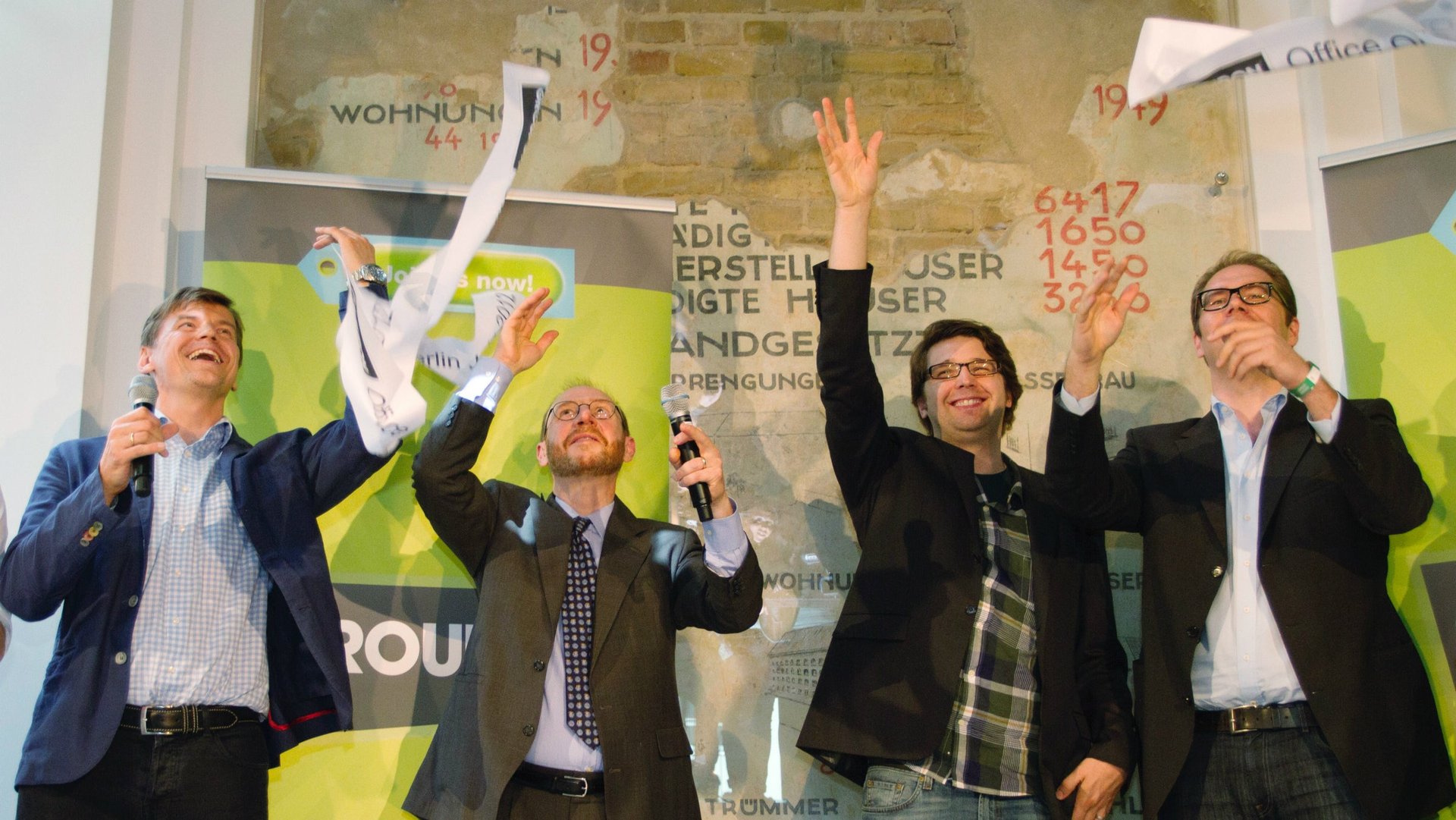Andrew Mason’s farewell note underscores the limits of big data
Yesterday, Groupon CEO and founder, Andrew Mason, announced his ousting with a quirky letter. In it, he pointed to the following misstep in management:


Yesterday, Groupon CEO and founder, Andrew Mason, announced his ousting with a quirky letter. In it, he pointed to the following misstep in management:
If there’s one piece of wisdom that this simple pilgrim would like to impart upon you: have the courage to start with the customer. My biggest regrets are the moments that I let a lack of data override my intuition on what’s best for our customers. This leadership change gives you some breathing room to break bad habits and deliver sustainable customer happiness – don’t waste the opportunity!
In the end, understanding customers is quite simple—engage with them; listen to them; derive insights from data you have on them; show them you care; and manage your interactions with them proactively. Is there room for intuition in all this? Absolutely! Business decisions primarily rely on interpreting data well (even when you have limited data), and exercising sound judgment, honed through intuition, on what to focus on.
In an e-commerce business that tends to rely on building digital platforms with automated decisions, the importance of human judgment is sometimes underestimated, and lack of data blamed for decisions gone wrong. In a business context, machines can’t imagine the future well enough yet and may look for set patterns from the past. Humans can do this and should. Managers still need to own up for their judgment calls. Where machines can play a perfect role is in translating sound business judgment into algorithms that make millions of small decisions in an increasingly complex world of big data.
What then is the recipe for effective data-driven decisions? Identify enough perspectives and opinions for the problem at hand, seek dissent and competing arguments, develop fact-based tests of competing hypotheses, and then decide between well-elaborated choices. Pairing high-quality human intelligence with machine intelligence then becomes key for effective decisions.
Many times, a sound decision is asking the right questions of the data, rather than seeking the right answers from it.